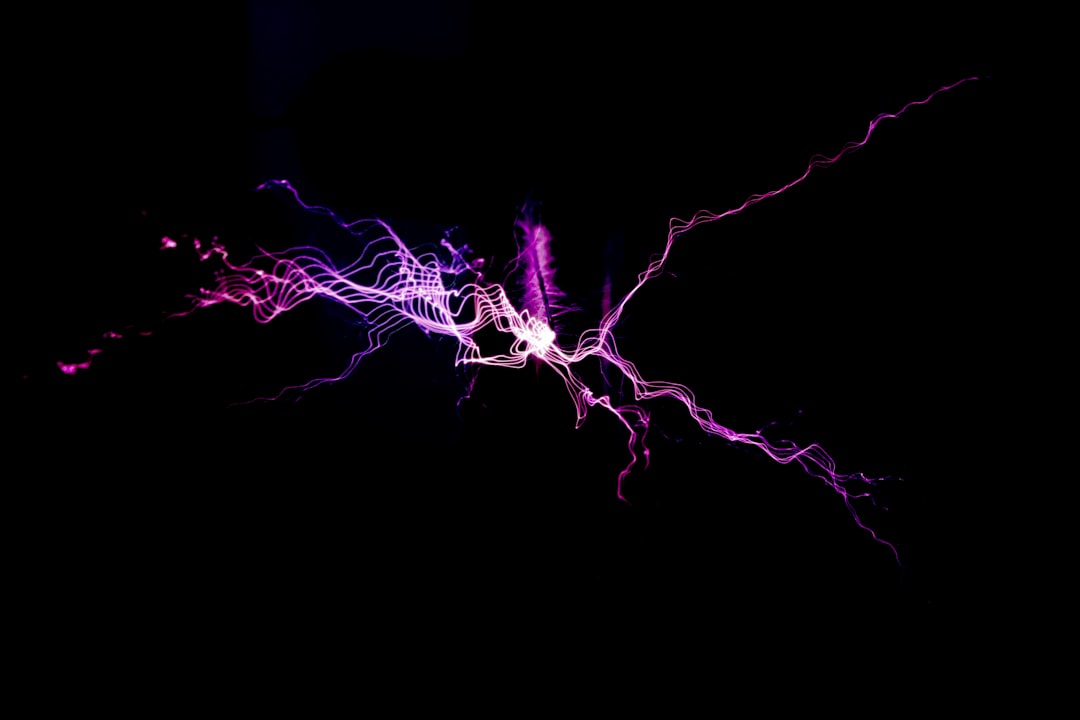
It all starts with the spark of an idea. And everyone’s got one of those. During the week, I asked in the Substack chat for example notions that I could use for this piece, just one-line ideas that would illustrate the point.
Iain Rowan at Maps of the Lost offered, “What if, without knowing it, you’d stepped through a gateway into another universe in which everything and everyone are almost the same as the old one...but not quite.”
Ed offered an idea called “Moral Code”: “In the near future, all moral reasoning is governed by machines.”
Both of these are great jumping-off points for something. I’m going to call them “situations”, because they describe a condition of the world, without giving anything away as to what the story might be.
Kimberley pitched something closer to what you might imagine as a movie logline: “A man reunites with the love of his life after a long time away, but he's carrying a dangerous secret that can destroy the world.”
We don’t know what the dangerous secret is yet, and we don’t know where he has been, but the set-up certainly has promise.
And then Henry J. Fate went to town with several ideas, any one of which could turn into something great:
A hitman is cursed with the ability to see the bright futures of his victims.
A group of super-powered derelicts join forces to fight their city's crime and corruption (i.e. the homeless Avengers)
Joan of Arc finds herself in the body of Napoleon Bonaparte at the height of the Napoleonic Wars.
A high school drama club goes undercover(ish) to solve the murder of their director.
These all appeared within a few minutes of me asking. Ideas are not in short supply.
But in order to get underway with a story in any medium, you have to turn that initial spark into a robust idea. And how do you start to go about that?
Keep reading with a 7-day free trial
Subscribe to Development Hell to keep reading this post and get 7 days of free access to the full post archives.

